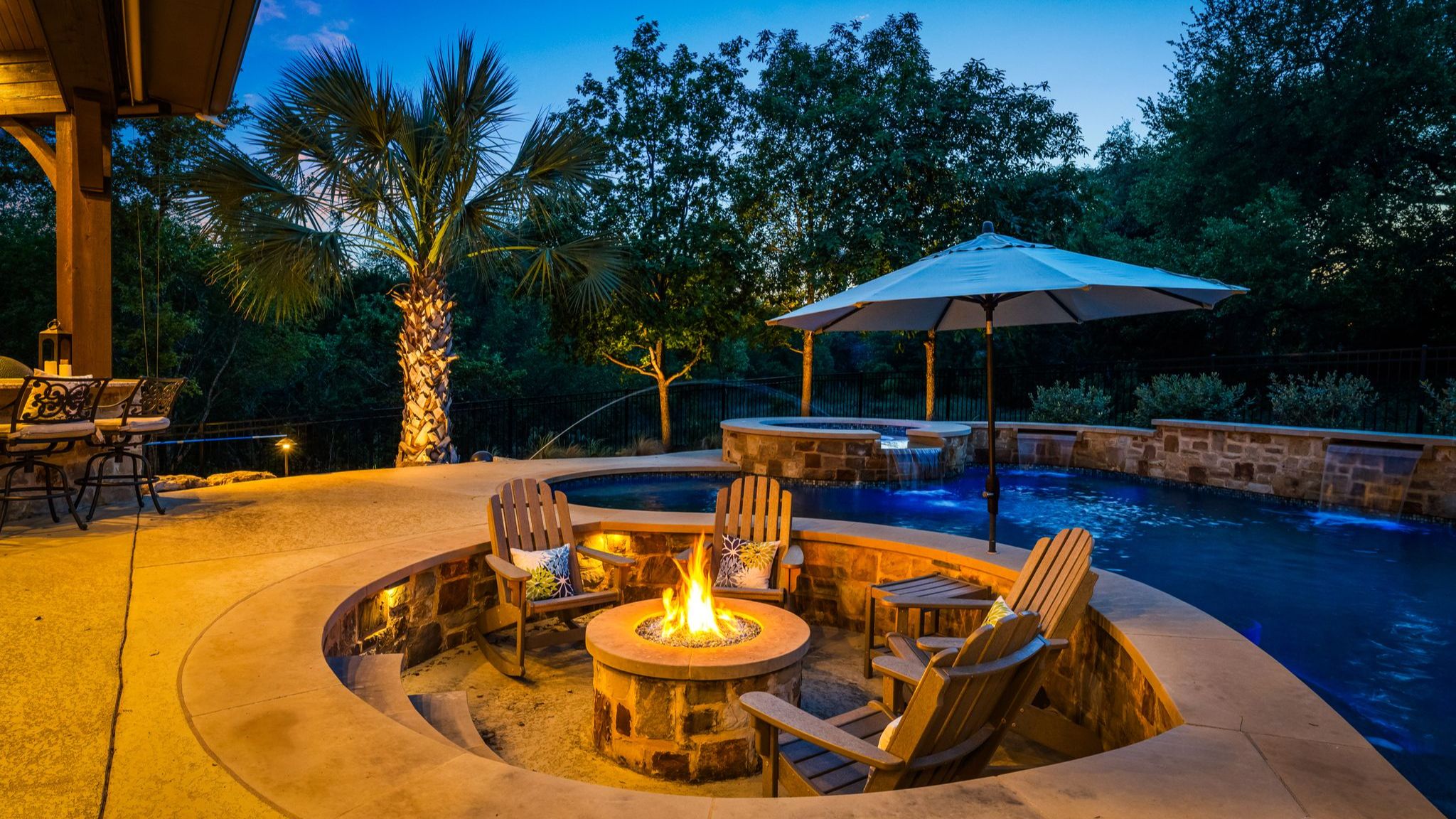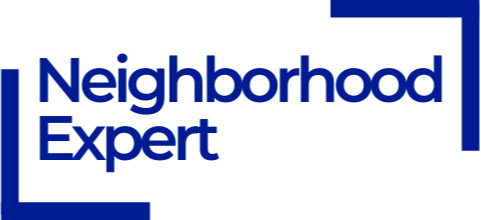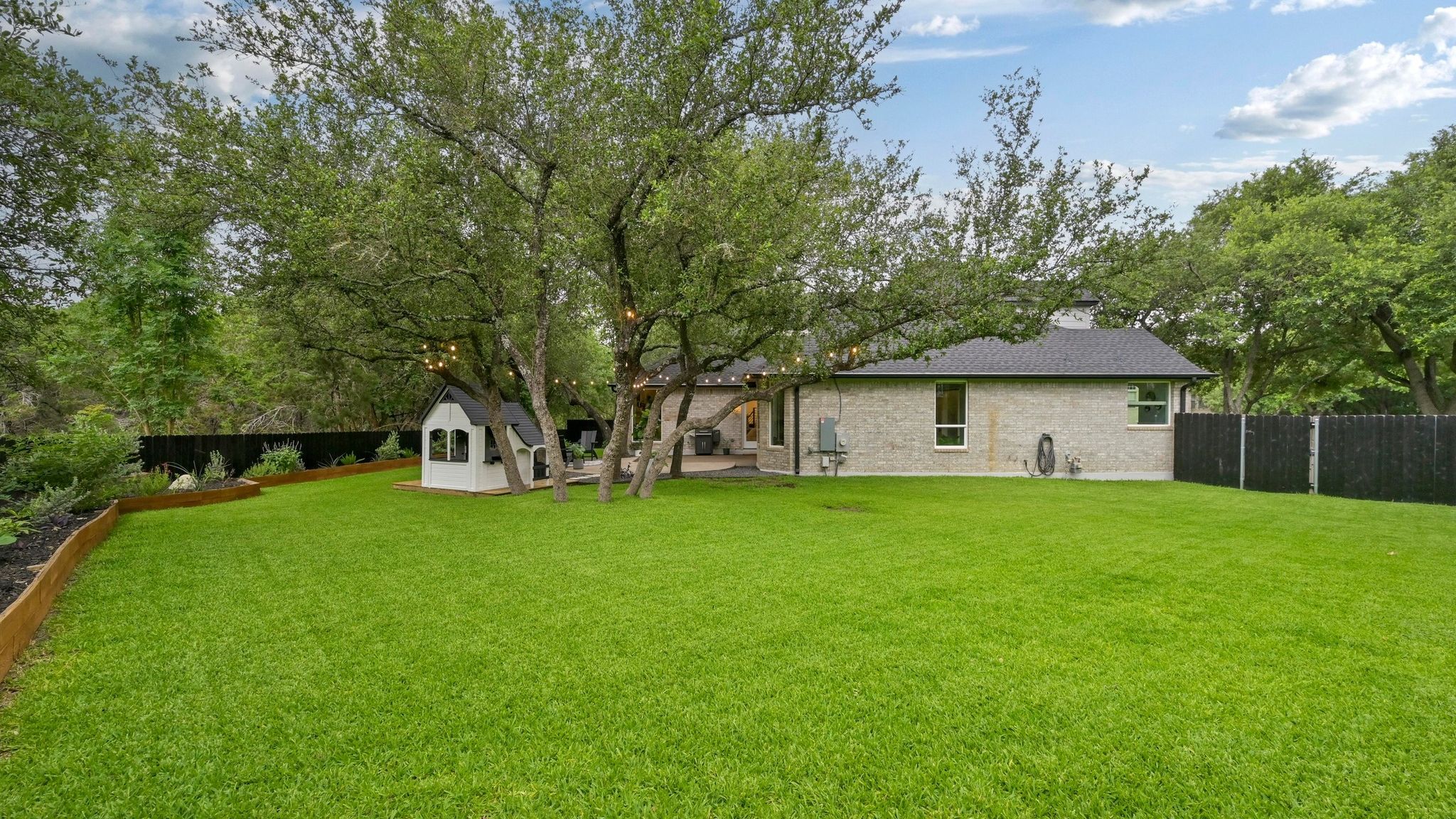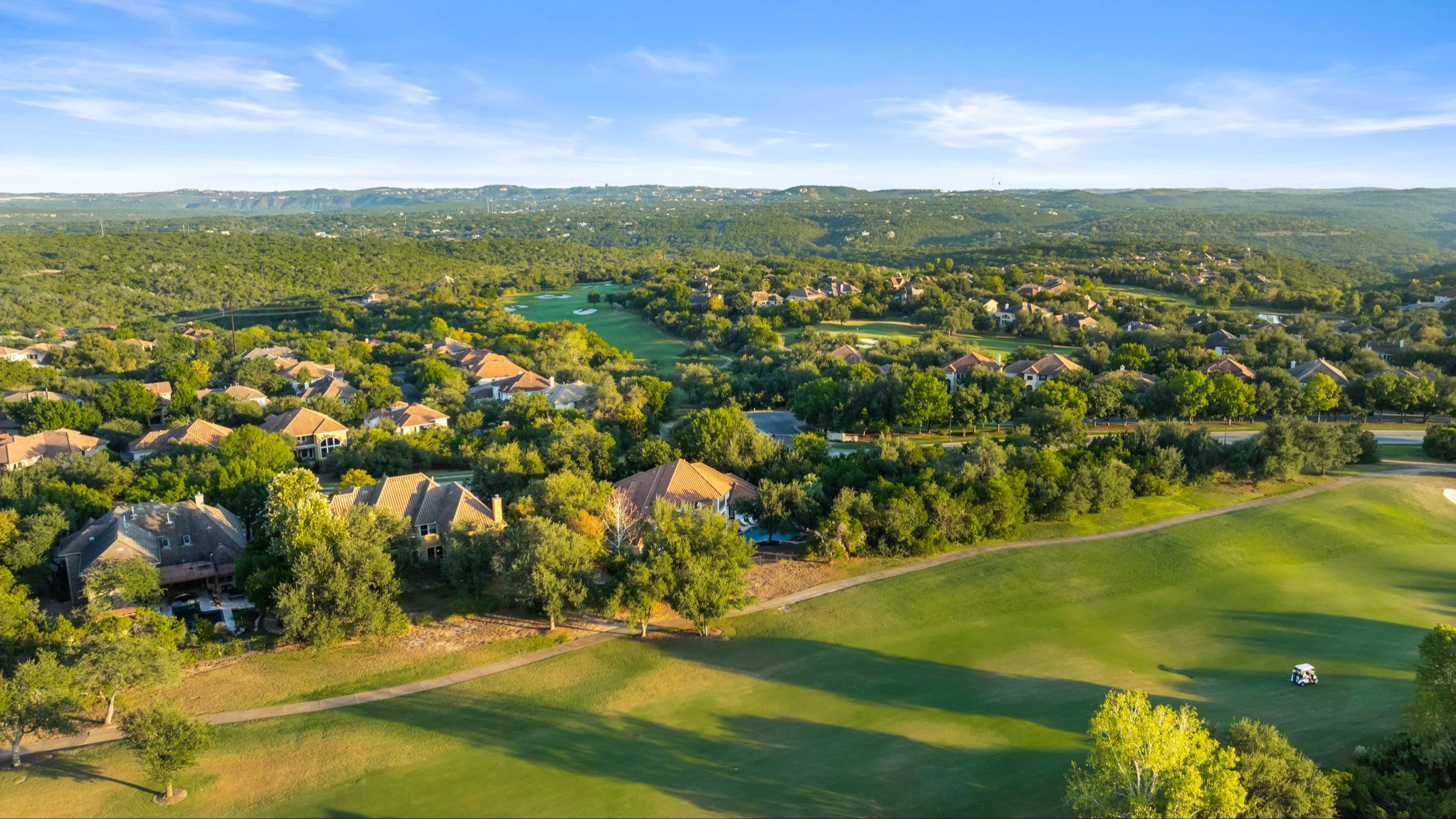Why Agents Who Specialize Win More Listings
Oct 12, 2025
Why Agents Who Specialize Win More Listings
Every agent wants more listings. But if you look closely at who’s actually winning them, it’s rarely the ones trying to be everywhere at once. It’s the ones who’ve made a name for themselves in one clear area — the neighborhood expert, the familiar face, the agent people already know and trust. That’s the power of real estate agent specialization.
Specialization isn’t about limiting your opportunities — it’s about multiplying them by focusing your time, visibility, and messaging where it compounds. The Neighborhood Expert System (NES) is built around that idea: consistent, connected marketing focused on one neighborhood until you’re the obvious choice for every listing conversation.
The Myth of “More Reach Means More Results”
Many agents spread their marketing across dozens of ZIP codes thinking more coverage equals more business. But in reality, that approach dilutes everything. When you’re competing everywhere, you’re remembered nowhere.
The agents who win listings consistently are the ones homeowners can instantly associate with a specific area. They’re not guessing which market you serve — they already know. That clarity builds confidence, and confidence earns listings.
Specialization Creates Familiarity
Homeowners don’t hire strangers; they hire people they recognize and trust. Specializing allows you to show up repeatedly in the same places — on mail, in feeds, at open houses, and in conversations. Over time, that repetition creates familiarity.
Familiarity isn’t built overnight. It’s built through simple, consistent actions that tell the same story week after week. When someone in your target neighborhood thinks about real estate, your name is the first one that comes to mind — not because you’re everywhere, but because you’ve been consistently visible right where it matters most.
How Specialization Fits Into the NES Model
In NES, specialization isn’t about ignoring the rest of your market — it’s about building depth before you build width. Every marketing pillar reinforces your authority within a single neighborhood until recognition becomes automatic. Here’s how each one contributes:
1. Open Houses: Live Neighborhood Visibility
Open houses give you face-to-face exposure and stories to share. When you consistently host opens in one area, homeowners start associating your name with activity and results. Every sign, every weekend, reinforces that you’re the agent who knows the market best.
2. Off-Market Outreach: Real Conversations, Real Data
When you reach out about buyers looking in that neighborhood, you’re not cold-calling — you’re adding value. You become the connector who knows which homes are coming soon and which buyers are waiting. That information builds credibility fast.
3. Social Media: Local Familiarity at Scale
Instead of broad, generic posts, your content focuses on one community — updates, highlights, trends, and behind-the-scenes moments. The people who live there start to recognize your name and see you as part of the fabric of the neighborhood.
4. YouTube Ads: Passive Recognition Inside the Home
Short, hyper-local ads reinforce your presence without extra effort. They play on TVs and phones inside the same homes that receive your mail and see your open house signs. That repetition builds subconscious trust and name recall.
5. Direct Mail: Tangible Reinforcement
Mail keeps you physically present in the neighborhood. When your pieces arrive on a predictable schedule with useful insights, homeowners start associating your name with consistency and expertise — not self-promotion.
6. Email: Ongoing Connection
Weekly or biweekly neighborhood emails give you a reason to stay in touch without selling. Over time, they turn passive followers into active clients because you’re seen as informed, approachable, and consistent.
Why Generalists Struggle to Build Momentum
Generalist agents often feel busy but rarely see compounding results. Their marketing changes constantly — new areas, new audiences, new messages — so nothing ever sticks. Every ad, post, or mailer starts from zero.
Specialized agents, on the other hand, build momentum. Each week of consistent activity reinforces the last. Their open houses feed their mailers, their mailers feed their social content, and their social content reinforces their authority. That compounding effect is what turns visibility into listings.
Specialization Builds Trust Faster
Homeowners don’t just want a good agent — they want the agent who understands their market. When you specialize, your marketing naturally sounds more specific and informed. You’re not talking about real estate in general; you’re talking about what’s happening on their street, in their community.
That local expertise creates trust faster than any slogan ever could. Instead of convincing people you’re qualified, you show them you already know what matters most to them.
How to Choose Your Focus Area
You don’t need to pick the biggest or most expensive area to specialize. You just need one that has:
- Enough turnover to support consistent business
- Distinct boundaries or identity
- Room for one recognizable expert to emerge
Start by analyzing where you already have connections — past clients, friends, or listings — and build your strategy there. The goal isn’t perfection; it’s commitment.
Common Mistakes Agents Make
- Switching focus too early: Stick with your chosen area for at least 12 months before expanding.
- Trying to serve everyone: Specialization means saying no to opportunities that distract from your core market.
- Inconsistent branding: Keep your visuals, tone, and message aligned across mail, video, and social.
- Neglecting follow-up: Authority comes from repeated contact — not one-off efforts.
Specialization works when you commit long enough for the results to compound. It’s not about luck — it’s about structure.
FAQs
Does specializing mean I can’t take business outside my area?
No. Specialization guides your marketing focus, not your client base. You’ll still get referrals and opportunities beyond your farm because your reputation carries weight.
How long before specialization pays off?
Most agents start seeing noticeable recognition within 3–6 months, with listings following soon after. Consistency is the key — not speed.
Should I choose a high-end or mid-range area?
Start where you have connections and confidence. The best area is one where you can show up consistently and communicate authentically.
How do I know if my marketing is working?
When people in your chosen area start saying, “I see you everywhere,” you’re on track. Familiarity is the first sign your strategy is compounding.
Can multiple agents specialize in the same area?
Yes, but the one who’s most consistent and connected will win the perception battle. Visibility, not exclusivity, creates dominance.
About the Author
Matt van Winkle is the founder of the Neighborhood Expert System (NES) and the #1 real estate agent in Steiner Ranch, Austin. Known for his off-market expertise and neighborhood-based marketing approach, Matt teaches agents nationwide how to build authority and win listings through consistent local specialization.
Final Takeaway
Real estate agent specialization isn’t about doing less — it’s about doing what matters most, repeatedly. When your time, content, and visibility all point to one neighborhood, you stop chasing listings and start attracting them naturally. That’s what the Neighborhood Expert System was built to do.
See how the full system works at NeighborhoodExpertSystem.com.



